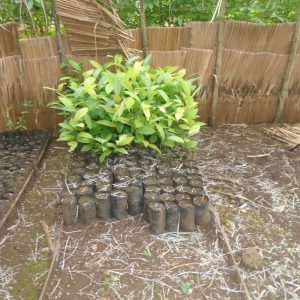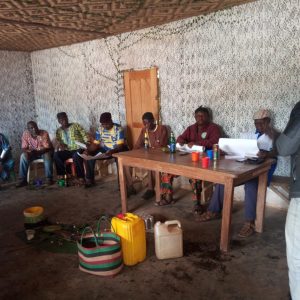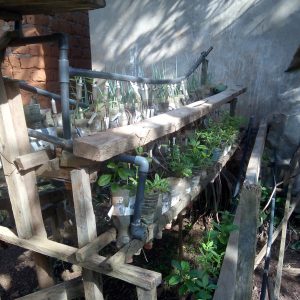Development Intervention
Grassroots innovations
This project is built on the theory of change. it examines and promotes innovations and action-orientated programs, which promote possible strategies and approaches to support and harness inclusive and local community innovations. This project has the main objective to empower the broadest representative and downwardly accountable local institutions for sustainable climate change adaptation and mitigation strategies across the Northwest Region of Cameroon.
Education for development
Education is power, education is the pacesetter for socio-economic progress in a country. Being able to guarantee quality education is important. Unfortunately, most underprivileged children worldwide and in Africa and Cameroon especially, have inadequate means to basic education. This program springs from an understanding of education as the foundation for sustainable success in individual endeavors, and environmental and development sustainability.
Community development:
Getting into community development is key to improving livelihood and structural development. With the down-top approach used by CEPOW, Integrative and action-oriented development will go beyond technical fixing, and recognition of the social construction of sustainable development but engage local communities in innovative ways that will enable them to play a key role in development policies. We work with local communities to ensure change.
For NGOs, the availability of financial resources is one of the main factors that determine the scope and duration of projects. To be able to carry out projects for several months, and years, sufficient financial capacity is needed. Each financier has its criteria for applying projects. CEPOW can obtain projects by presenting research proposals to more general funds. Applying projects only have to be related to a certain theme, for example, Community Conservation, Environmental Education climate change adaptation, forest conservation, seed multiplication, and Non-Tree Forest Products (NTFP).
For these funds, research institutes have to draft plans related to a specific subject or area defined by the financier. When funding is realized specific experts have to be found. The experts are responsible for the different parts of a project: the collection of data, the analysis, and the writing/presentation. Within CEPOW, three experts groups could be distinguished: experts working on the collection and elaboration of data, a technicians for training, experts mainly working in GIS, and experts responsible for the communication.



